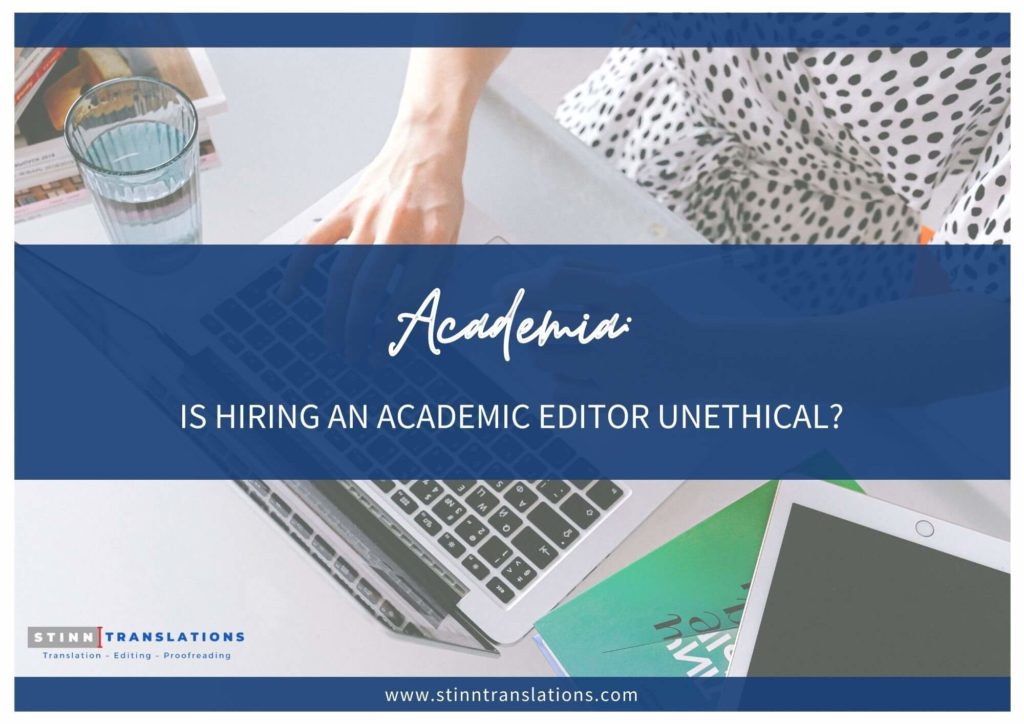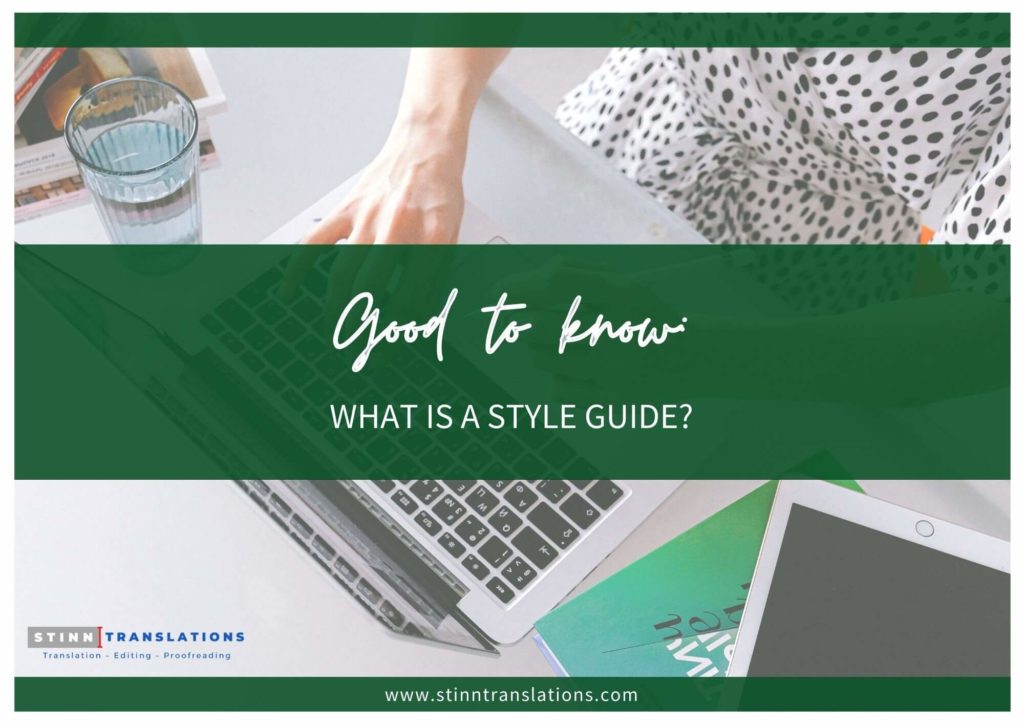Blog:
In other words
Your editor is on your side
Are you looking to submit your piece to an editor but are hesitant to put yourself out there like that?
Have you received your edited document back and feel like your editor has criticized every little thing about it?
First, let me tell you: Your editor is on your side. My job is not to criticize your baby but to make it the best version it can possibly be.
Sending in your piece of writing—which you’ve worked on for months, if not years—is a daunting prospect for most writers and one that I can perfectly relate to. It takes a lot of guts to entrust our work to someone else’s hands.
Yet when we finally receive our editor’s feedback, we may be surprised at the number of comments and suggested changes in our text. After all, didn’t our best friend, who is pretty good at writing, check it before we sent it in and assure us that it was great?
In this article, I will share with you the following:
- Why your text could have required those changes.
- Why my feedback can be quite different from your best friend’s.
- What my goals are as your editor.
- What you can do with my edits.

Why I may make a lot of edits
Let’s first take a look at some of the reasons for a high number of edits:
- The author’s native language may not be English (or German if I’m working on a German document).
- The writer has a learning disability or suffers from dyslexia (which is more common than many people think!).
- The author had to get the project done in a hurry and didn’t have the time to go over it with a fine-tooth comb.
- Grammar rules or consistency aren’t high on the writer’s list of priorities.
- The author was taking care of a child at home while writing the text and became distracted.
- The writer is working two jobs to feed their family and only wants to focus on getting the words down and have someone else worry about the nitty-gritty details.
- The author has worked on the same piece of writing for so long that it is impossible for them to stay objective and find inaccuracies or inconsistencies in the text.
The list goes on. Whatever the reason, I don’t make changes to slight you or discourage you. Quite the opposite!
I want you to produce the best piece of writing you can and strive to provide constructive, sympathetic, and kind suggestions for improvement. Your job is to be the creative, the writer, the academic. My job is to put the finishing touches on your work.
I am honest and objective
It helps to share your writing with friends and family members and to ask them for a critique. In my experience, however, loved ones usually don’t have much to say except: “This is great!”. Some more thorough individuals may say:
“Nice job! I found a couple of typos. Otherwise, you can leave it as it is! XOX”
In most cases, the feedback you receive from friends and family is not very detailed for several possible reasons:
- They don’t want to hurt your feelings.
- They don’t know which rules or style conventions apply to your particular text.
- They don’t know enough about your target readership to tailor the writing style accordingly.
- They don’t have the time to go over your text with a fine-tooth comb to weed out every single missing or superfluous comma, fix clunky sentences and improve word choice.
A professional editor has the background and experience to dig deep into your text and take your writing to the next level. Believe me: I want to hurt your feelings as little as your family does! And I certainly won’t judge you for the quality of your writing, no matter how many inconsistencies or errors it contains.
But I am honest when it comes to editing and will tell you when I believe that your scientific paper, job application, grant proposal, etc., is not quite ready to be submitted.
After all, you often only get one shot at convincing the recipient that your research/work is worth publishing/funding or that you are worth hiring.
I want you to produce the best piece of writing you can, not lecture you about English grammar or spelling rules

My goal is to point out any problem areas politely and to provide tips and suggestions for improvement so that you have the best chance at success.
I also want to give you the opportunity to learn more about the rules and conventions that apply in English or German so that you don’t make the same errors in the future. This is why I leave comments in your text explaining those rules and why I deemed that particular change necessary.
Don’t worry: I won’t litter your text with remarks on every single grammar, spelling, or punctuation issue. We both have a life, and you didn’t hire me to teach you English or German. I will make the corrections where appropriate in your text.
However, I want to help you strengthen your current and, by extension, future pieces of writing and produce the best version possible. My goal is to support you in becoming a better writer, and one way for me to do this is to share what I know.
At the same time, you can save money on future writing projects when they require less intervention by your editor because of what you have learned along the way. It’s a win-win!
My edits are suggestions
Remember that your editor’s changes are recommendations for improving your text. You, the author, are free to decide whether to accept or reject any or all of them.
For instance, if I make two or three sentences out of a very long one in your scientific manuscript, you could decide to keep the original if you prefer.
Before you do, however, I always recommend that you get in touch with me to get further clarification. There’s usually a good reason for the changes I make.
In the example I just gave, you may have used a particularly long phrase in your scientific manuscript because you’ve read a lot of English novels where the prose is more beautiful and poetic that way.
In technical documents, however, the subject matter is often quite complex and therefore requires clear and succinct language.
Rest assured that I didn’t split that sentence because I don’t like your style or—heaven forbid—to rid the text of your “voice”, your unique style of writing. I would have made that particular change because I want to make the content easier for the reader to understand.
I always endeavor to maintain your unique writing style and to change only as much as is necessary. My job as your editor is not to rewrite your text but to work out the kinks in the parts of the text that are already there.
TAKE-HOME MESSAGE
- Don’t take it personally: My changes to your text are not judgments about you—they are meant to help you become a better writer.
- Nobody is perfect (nor is any piece of writing): There is always more room for improvement.
- I am usually more objective than your friends and family.
- I strive to be constructive, sympathetic, and kind in my feedback.
- All my edits are merely suggestions: the final decision on whether to accept or reject them remains up to you.
Completing a challenging writing project, whether that’s your novel, thesis or Ph.D. dissertation, takes an incredible amount of time and effort to put together. Your editor becomes a part of that journey and wants you to succeed.
So, always remember that your editor is on your side!

Christina Stinn is a professional translator, proofreader, and editor with a background in ecological research and experience in publishing peer-reviewed articles in academic journals. She is a Professional Member of the Chartered Institute of Editing and Proofreading (CIEP) and has a M.Sc. degree in International Nature Conservation. So far her work has included fiction and non-fiction books, academic journal articles, and marketing materials in English and German. She loves working with clients who strive to bring their writing to the next level and enjoys taking part in their journey. Find out more
YOU MIGHT ALSO LIKE:



